What we offer
We offer genome editing services in cell lines for the most diverse research projects. We have developed streamlined gene knock-out protocols for standard cell lines. Highly customized approaches are developed together with the researchers to realize more complex genome editing projects such as knock-in, point mutations, tagging to name a few.
Service
We offer the complete service from project design to feasibility test, genome editing, clonal selection and characterization of the editing event by sequencing and Western blot. Our toolbox includes plasmid-based approaches as well as delivery of purified Cas9 along with synthetic gRNAs.
Innovation
We don't stop at easy-to-transfect cell lines. We offer alternative delivery methods that in many cases proved to be effective in cell lines, which are transfected with low efficiency. Genome editing is a fast evolving field. We are keeping up with the newest technologies to assist researchers in identifying the best approach to address their scientific questions.
Quality
We have implemented quality control steps at various phases of the projects. We use validated reagents and have developed protocols for assessing feasibility and optimizing genome editing efficiency in non-canonical cell lines. Best practices for sample and data management are implemented to ensure reliability, reproducibility and quality at each step of the project workflow.
Services
Standard KO
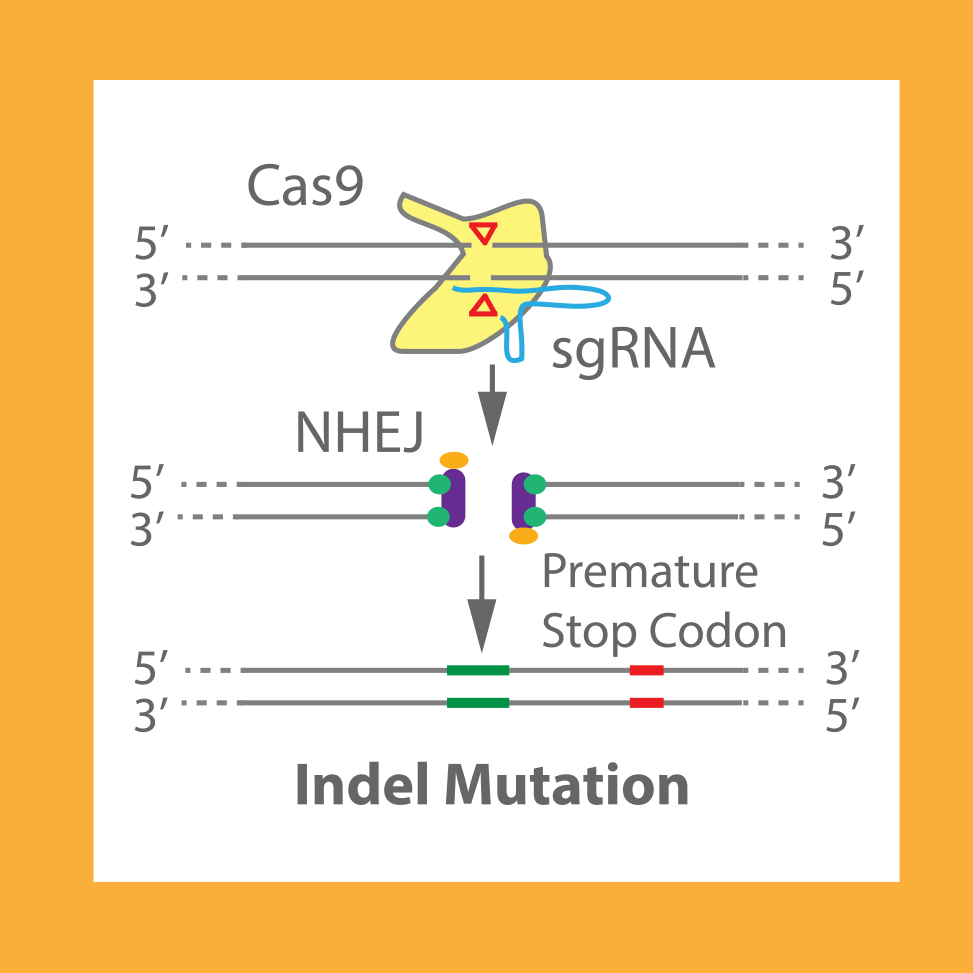
- In validated, easy to transfect cell lines (Hela, HEK293, U2OS, HCT116)
- In any cell line that passes feasibility testing
- Transfection based (plasmid or RNP)
- Biallelic KO (only for not essential genes)
- Screening for edited clones by Sequencing and/or Western blot analysis
- Delivery of single clone(s)
Custom Services
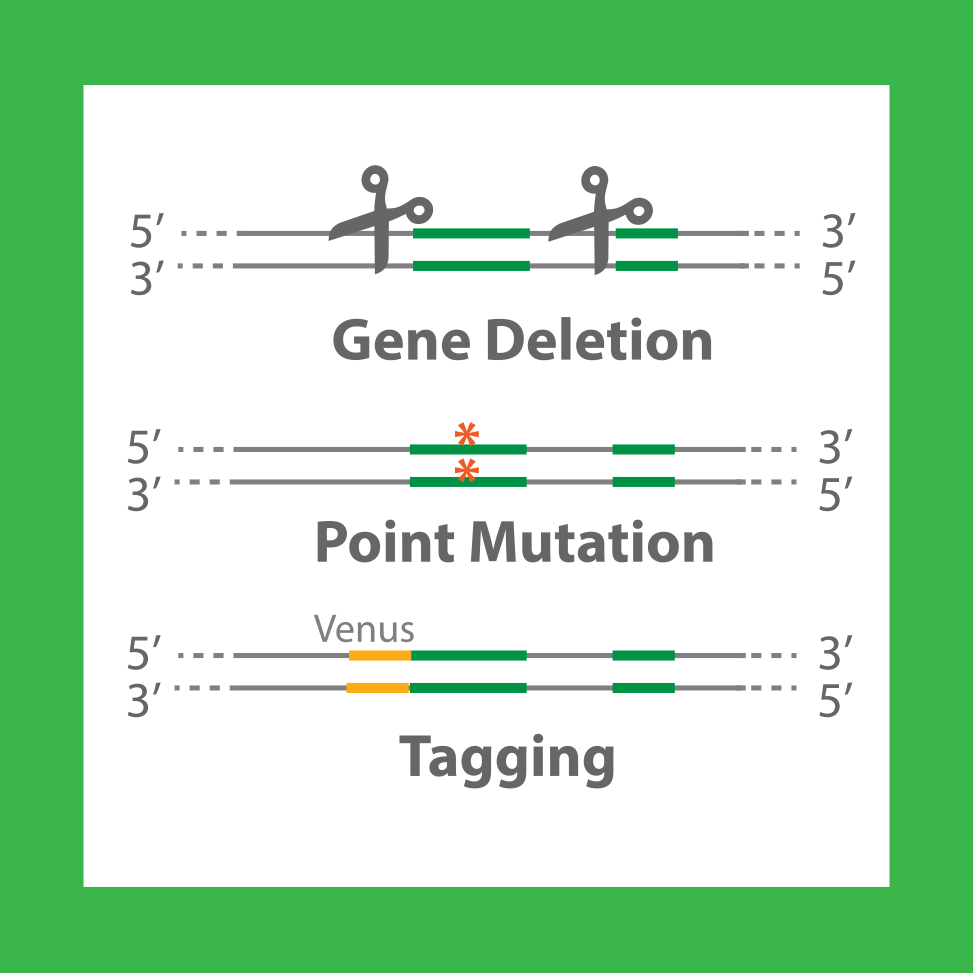
- KO by gene deletion
- Knock-in into safe harbor locus (AAVS1, Rosa26)
- Point mutation (disease modeling)
- Tagging of endogenous genes
- Reporter cell lines
Additional Services
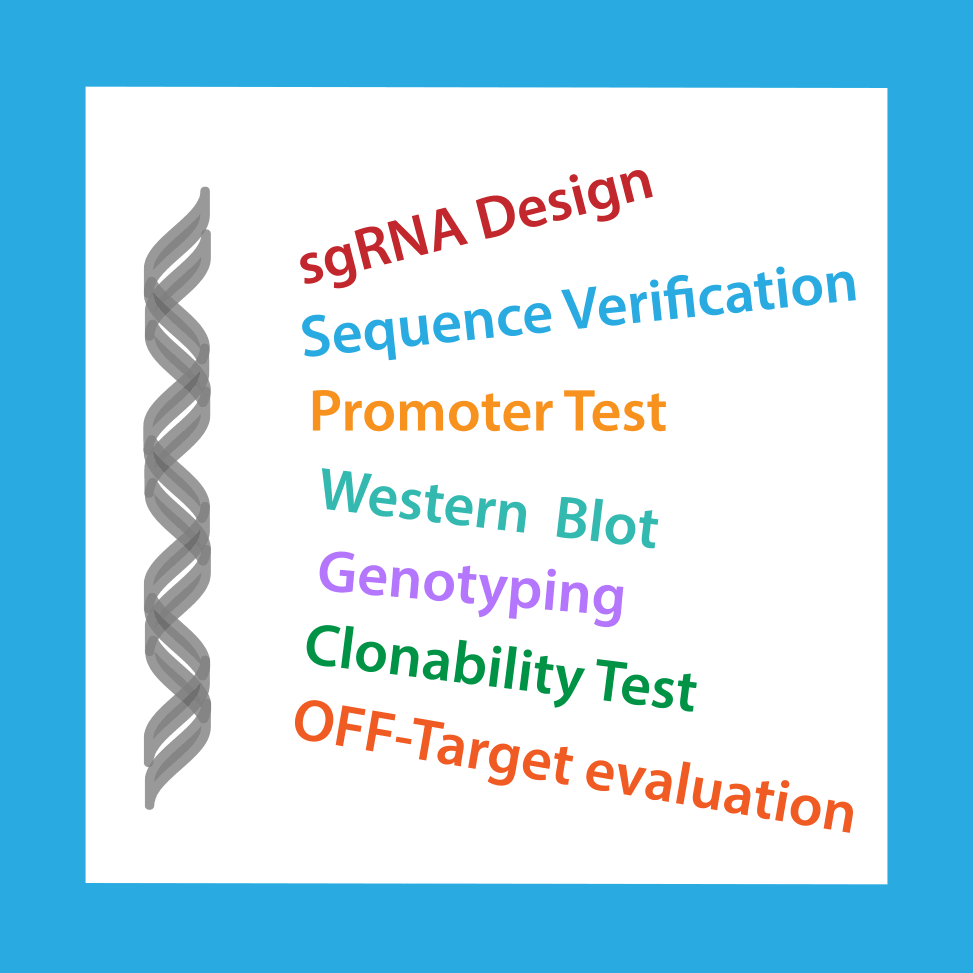
-
Pre- editing:
- gRNA design and estimation of off-target effects
- Sequence verification of the target locus
- Test of CRISPR/Cas9 delivery (Plasmid or RNP) suitable for your model cell line
- Promoter test for Cas9 expression
- Test for clonability by limiting dilution and/or sorting Post-editing:
- Genotyping of the isolated KO/KI clones by Sanger sequencing
- Western blot to confirm gene KO/KI at the protein level
FAQ
This is a list of our most frequently asked questions:
It depends on the kind of project. KO projects in easy-to-transfect diploid cells are usually accomplished in 6 to 10 weeks.
More complex projects may take up to 4-6 months.
Please come visit/contact us, we’ll be happy to answer your questions.
A CRISPR/Cas9 project is made of many different modules whose combination in a defined workflow depends on the final scientific goal. Please come visit/contact us, we’ll be happy to work out a customized quotation with you.
We usually do Western blot or Sanger sequencing. If you have different needs we can discuss.
No, we don’t. Instead we offer the generation of KO clones obtained with two different gRNAs.
For technical reasons we do not do primary cells, but we do ES cells. For other cell lines we offer a feasibility test (Cas9 delivery, clonability e promoter activity assays).
Please write to crispr-service[@]cogentech.it or call 02-574303804. We are located in building 9, first floor, open space lab.
Staff and Contacts
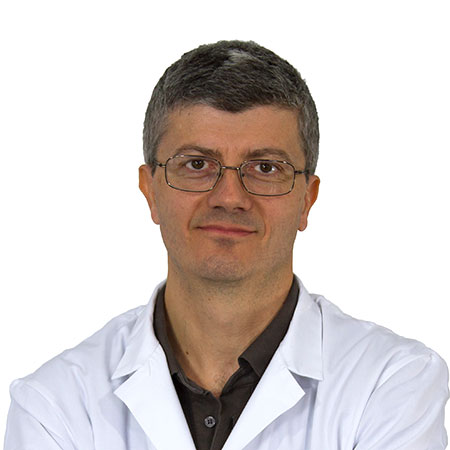
Mario Cinquanta
Mario Cinquanta graduated in Pharmacological Chemistry and Technology from the University of Milan. He subsequently pursued a specialization at the Mario Negri Institute, followed by a 4-year postdoctoral experience at the NIH, Bethesda USA in M.W. Nirenberg’s lab (who had received the Nobel prize for "breaking the genetic code"). Mario returned to Italy in 2000 for another postdoctoral experience in P. P. Di Fiore’s lab at the IEO in Milan. He joined the monoclonal antibody facility at IFOM in 2003 and since 2015 he is leading the Genome Editing Service at Cogentech.
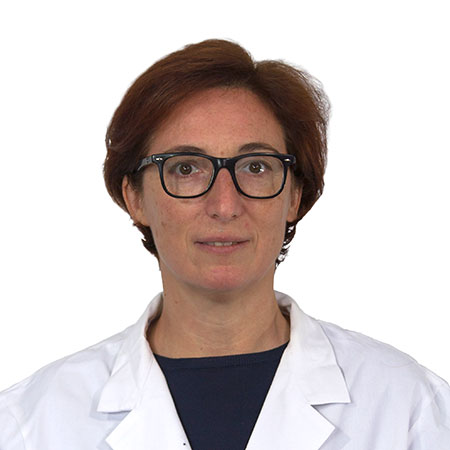
Marisa Aliprandi
Marisa Aliprandi obtained her degree in Biology from the University of Milan. After a period at the Mario Negri Institute in Milan, she moved to IFOM in 2002 to join the monoclonal antibody facility. From 2015 she is working at the Genome Editing Service.
Contacts
- Phone
+39 02 574 303 804 - Email
crispr-service[@] cogentech.it

